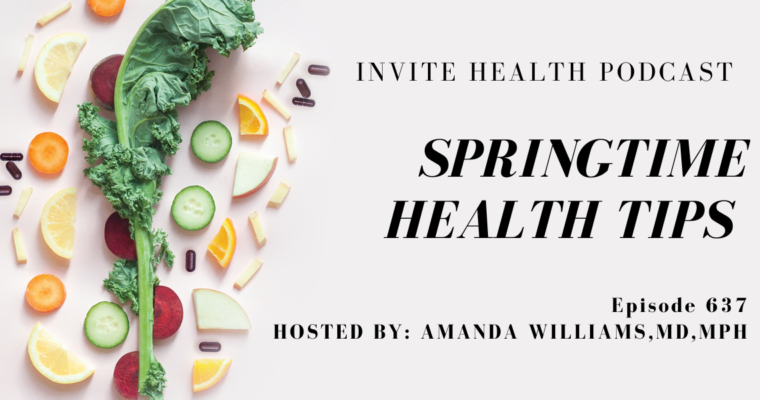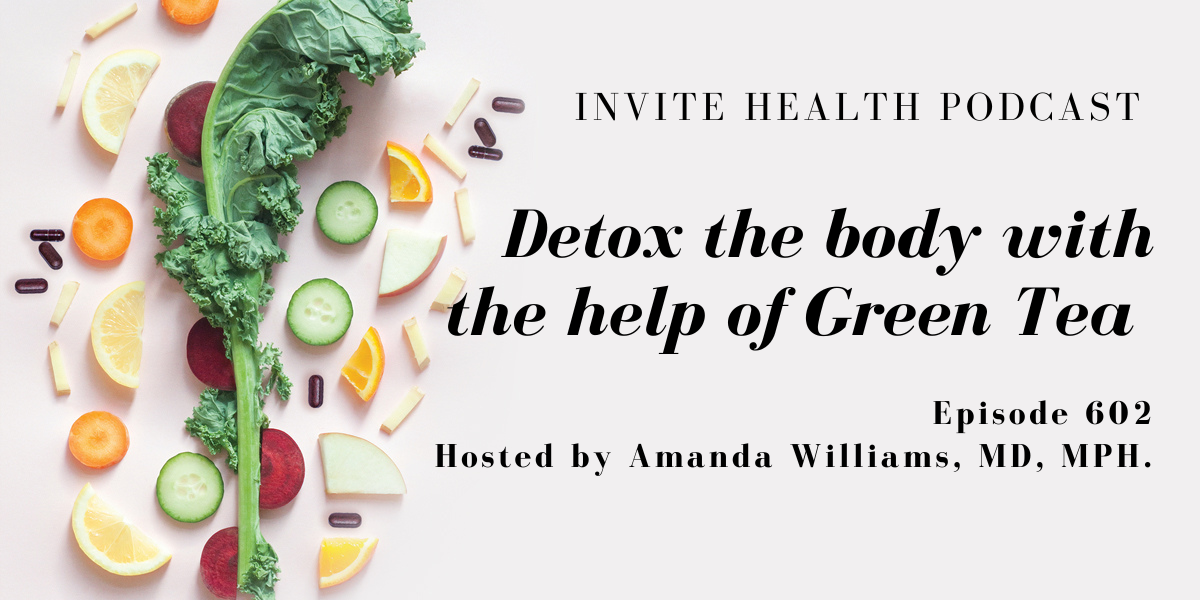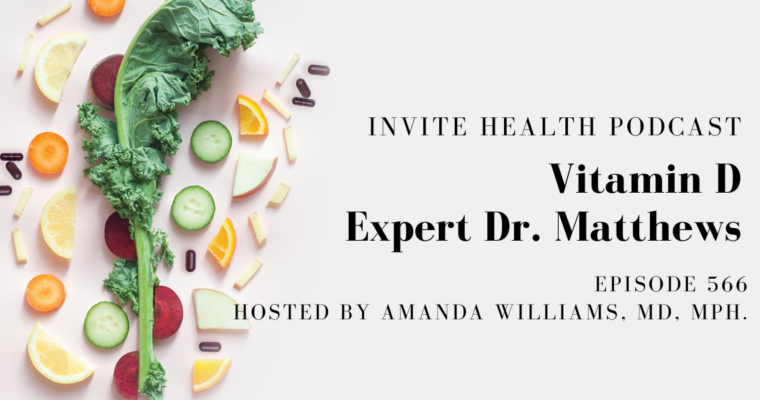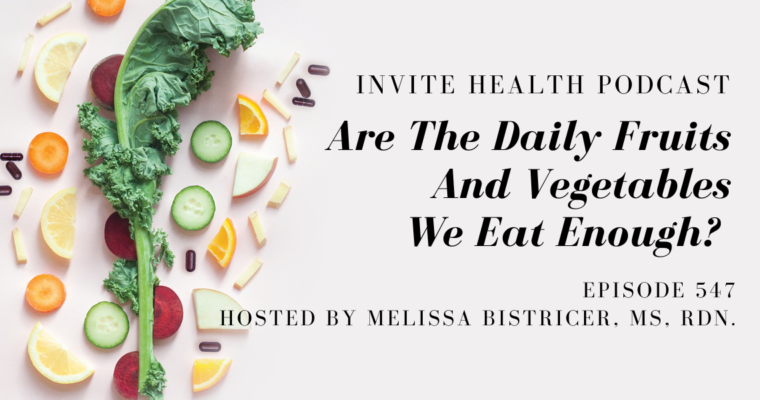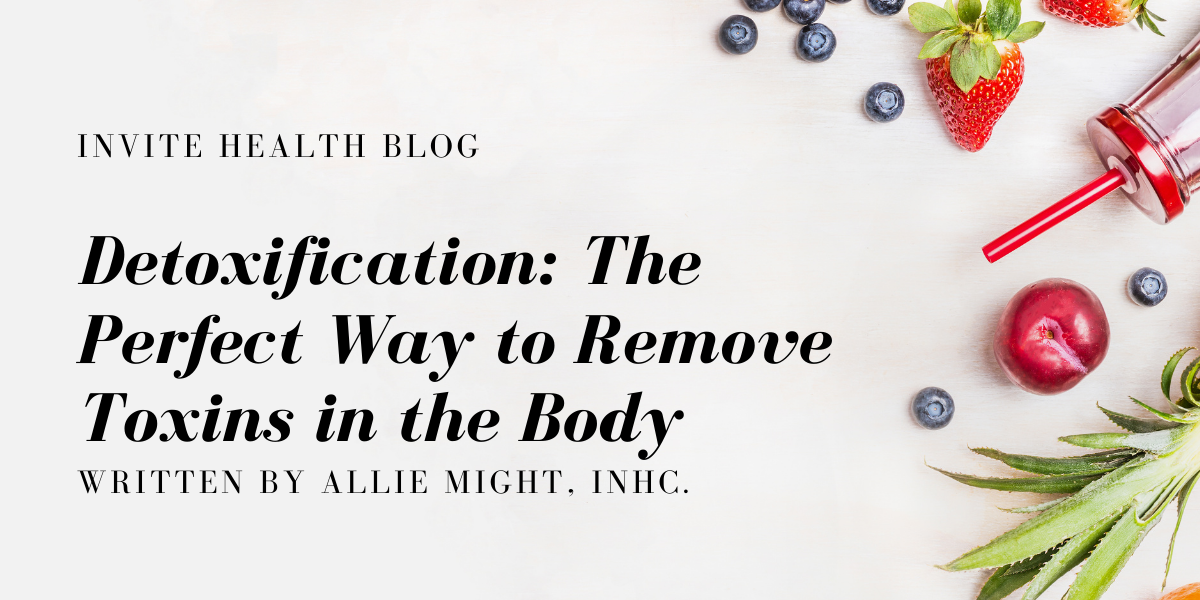Subscribe Today!
Please see below for a complete transcript of this episode.
DETOX THE BODY WITH THE HELP OF GREEN TEA, INVITE HEALTH PODCAST, EPISODE 602
Hosted by Amanda Williams, MD, MPH.

*Intro Music*
InViteⓇ Health Podcast Intro: [00:00:04] Welcome to the InViteⓇ Health Podcast, where our degreed health care professionals are excited to offer you the most important health and wellness information you need to make informed choices about your health. You can learn more about the products discussed in each of these episodes and all that InVite Health has to offer at www.invitehealth.com/podcast. First time customers can use promo code Podcast at checkout for an additional 15% off your first purchase. Let’s get started.† [00:00:34]
*Intro Music*
Amanda Williams MD, MPH: [00:00:40] There are many different ways that we can support ourselves as we age, we certainly can look at lifestyle modifications to include healthy foods, that’s first and foremost, let food be thy medicine, as we always say. But we can also look at different nutrients and food base nutrients in particular can be very powerful when it comes to cellular detoxification. That is oftentimes a very trendy topic, talking detox and oftentimes when people think about detoxification, they think about like a crash detox, which is certainly not something that we ever want to gravitate towards. What we want to be able to do is, support the daily detoxification process that occurs in the human body each and every single day. And there are different ways that we can kind of give an assist, or help this process along, and that’s what I want to talk about today specifically in regards to green tea. We know green tea is a powerhouse of a nutrient and when we add that into a supplementation routine can really yield so many wonderful benefits, so I want to talk about that in some detail today.†[00:01:53]
[00:01:54] I am Dr. Amanda. Williams, scientific director here at InViteⓇ Health and when it comes to green tea, we have certainly learned through the years why tea is so important, and when we look at the extracted form and getting the power of the EGCG, also known as Epigallocatechin Galate, this really packs a huge punch. We know that teas have been widely consumed throughout the world, and we have all heard of the many potential health benefits that go along with tea and when you start to look at the science and you peel back those layers, you can really start to understand why that is. I oftentimes talk in the setting of inflammaging and we want to avoid an accelerated aging process due to inflammation. So this is first and foremost one of the reasons why green tea is so helpful, because we know that it helps with the downregulation of excess inflammation in the body, which is great because, we know that all chronic disease states have something in common and that is inflammation. And then you really get into the heart of green tea science and across the globe and through so many different research universities, and institutes throughout the world, we can really zero in on this powerful compound that is extracted out from the green tea itself, and they have found that it is beneficial for blocking rheumatoid arthritis. So we’re looking at the immune system, but also with inflammation. In the Journal of Arthritis and Rheumatology, back in 2016, they actually published their findings of how it was that the component, the EGCG in green tea actually led to a significant reduction in those pro-inflammatory cytokines that are known to really drive up so many of the detrimental effects associated with rheumatoid arthritis. We can look at a study that was published in the Journal of Biological Chemistry back in 2018 and see from the British Heart foundation how green tea has been shown to be a preventive mechanism for heart attacks, which was really quite interesting. But the way in which these researchers, these cardiologists over in the UK were assessing the action of green tea was in indicating that the EGCG actually had the power to stop the detrimental effects of atherosclerosis, so that plaque buildup. So time after time we, we continue to impress upon why it is that that tea is so powerful, so beneficial when it comes to cardiovascular health, certainly in the setting of, you know, myocardial infarctions with strokes, we’ve seen multiple studies that have really reinforce what we know, the power of EGCG to actually be. We can see this in terms of lowering levels of inflammation, lowering our blood pressure, lowering oxidative stress or free radicals.† [00:05:11]
ICYMI: GREEN TEA: THE ANTIOXIDANT OF TODAY- INVITE HEALTH PODCAST, EPISODE 574>>LISTEN NOW!
[00:05:12] In the Journal of Nutrition Research about a decade ago, back in 2012, they actually were able to assess this, how the intake of EGCG on a daily basis for three months actually led to a lowering of glucose insulin, total cholesterol, markers for inflammation, such as TNF Alpha, and c-reactive protein. So we understand this, but we also have to to look and say, well, we do live in a toxic world, how is it that we can better support ourselves as we age? Because at the end of the day, if we are kind of cluttered up with a bunch of gunk that comes from our environment, both intrinsically that’s building up as well as extrinsically, and probably more profound extrinsic exposure to different chemicals coming from foods, from the air that you breathe. How is it that we can support ourselves? And this is where the research on green tea has really become very fascinating in its own right, because we can now understand how this very powerful catechin, this molecule that we refer to as EGCG, actually helps the body in terms of its production of glutathione. We know that glutathione is one of our most important endogenous antioxidants, and they were able to see that through green tea exposure of EGCG, that they could start to see this boosting of glutathione levels in folks who were taking green tea, which in and of itself is great because we know most time when we think about glutathione, when we are thinking of liver health and certainly with the exponential rise in metabolic syndrome and nonalcoholic fatty liver disease, this is an area of concern that many folks have, and rightfully so, so we know that we need to change our diet first and foremost and come away from any of those ultra processed, highly processed foods and eat whole foods, foods as they should be, and but we also have to find ways to be creative and to see this research, that actually came out of the American association of Cancer Research all the way back in 2007, researchers out in Arizona were the ones that actually uncovered this and said, wow, you know, there are so many different carcinogens that we are aware of, the different chemicals that cause cancer. But to actually see a food based nutrient, something that’s coming from nature that can help to offset or reverse this is highly impressive and expression of, you know, glutathione in the body. And having adequate levels of glutathione allows our body to properly detoxify.† [00:08:05]
[00:08:06] So this is where researchers started to really look or turn towards green tea when it comes to, you know, all of these issues that can arise with metabolic syndrome, fatty liver disease, how can we unclog the the liver per se, and with the use of EGCG, this can help to increase the glutathione production, which helps with better filtration within the liver so that we can kind of fast forward this and say, okay, well great, this means the body can go through its phases of metabolic detoxification each day in a much more unhindered way. But what other aspects of detoxification can that green tea actually provide for us? And then we look at a study that came out of the International Journal of Molecular Sciences in 2021, and they were looking at the utilization of EGCG for the management of heavy metal induced oxidative stress, this is a common issue once again, where people can have low grade exposure over the course of their life from different heavy metals and due to that, this can start to alter the body’s metabolic detoxification phases, which means we are building up more toxins. Because we’re kind of clogged up with heavy metals, we have chemicals that we’re worried about that come from foods, come from, you know, different beauty products, shampoos, conditioners, lotions, face wash. These are always areas that I tell folks, perfect place that you want to start to improve your health, is those lifestyle modifications, you have to clean up the, the different things that you’re using every single day, whether it’s foods, whether it is what you are applying to your hair, skin. This is definitely an area that we don’t want to increase our chemical exposure, just because, we’re either unaware or because we like the smell of a particular shampoo or a lotion. Remember, those smells are a chemical, is a fragrance that the manufacturer does not have to indicate what it is, so it’s chemical oftentimes, in the carcinogenic category. So this is why using clean shampoo, conditioner like, what you can find in InVite Health, is really your best option.† [00:10:30]
GREEN TEA AND IT’S EGCG ANTIOXIDANT>>READ NOW!
[00:10:31] So there was that study and then there was another one that came out in the Journal of Nutritional Metabolism. This was in 2015, looking at how the modulation of metabolic detoxification pathways can occur in the body just through the use of foods and food derived components. And understanding that you have every single day the body trying to clean itself up. And if we use food as our medicine, we can also use the different active constituents from said foods, hence in this case, green tea. So this is why I oftentimes will encourage people to look at the Green Tea Hx formulation, which is a powerhouse of not only green tea, but also black tea that can really help to facilitate better detoxification in the body, or we can look at the green tea tx. For example, and use a liquid form with that, I advise using two full droppers into about six ounces of water each day and that also is a really lovely way for you to get a high exposure of that EGCG, to really promote proper elimination of those harmful chemicals that our bodies unfortunately are exposed to on a regular basis. So the phases of metabolic detox, detoxification is in its own right, fairly complex and complicated but we know that there are different enzymes that are associated with each phase, phase one, two and three. And we know that many of the different food based nutrients, including green tea, really help the body work through these phases and encourage the body to increase its own natural antioxidant production such as in the setting of green tea, bolstering up your glutathione levels. So when it comes to detoxification, don’t overlook the power of green tea and keep in mind all of those side benefits that you get when using Green Tea Hx or Green tea Tx.† [00:12:34]
[00:12:35] And that is all that I have for you for today. I want to thank you so much for tuning in to the InViteⓇ Health Podcast, Remember, you can find all of our episodes for free wherever you listen to podcasts. Or by visiting invitehealth.com/podcast. Do make sure that you subscribe, you leave us a review. You can follow us on Facebook, Twitter and Instagram at InViteHealth and we will see you next time for another episode of the InVite Health podcast. † [00:12:35]
*Exit Music*



